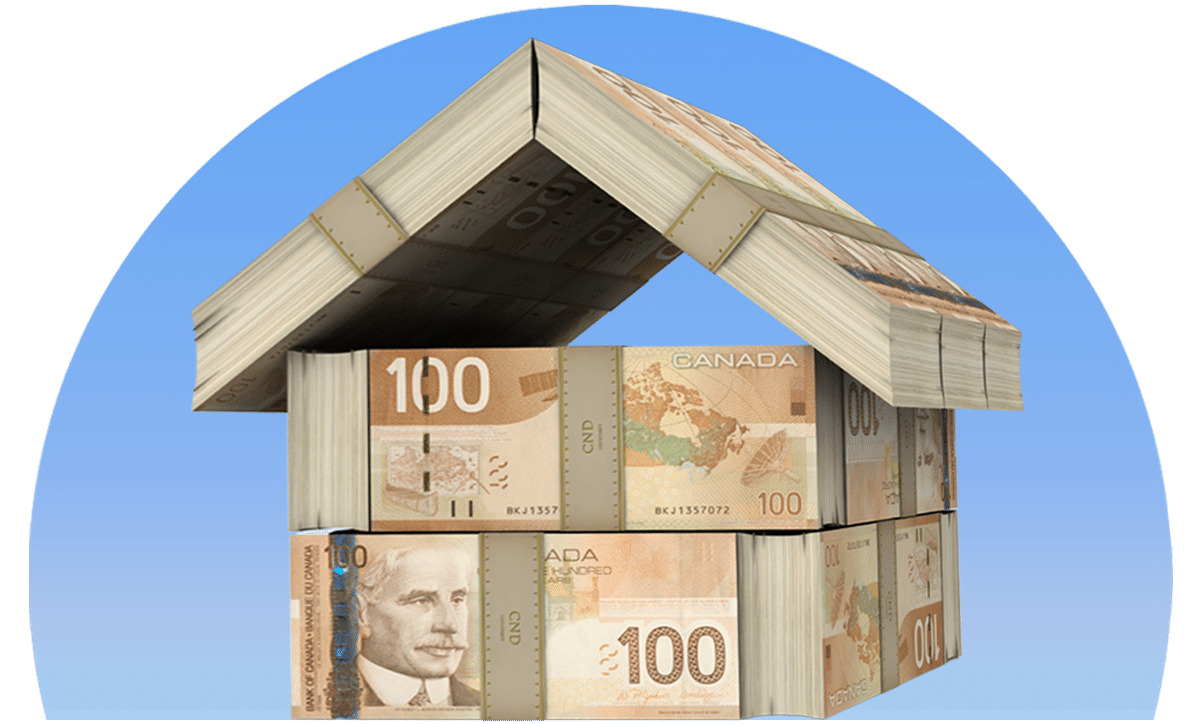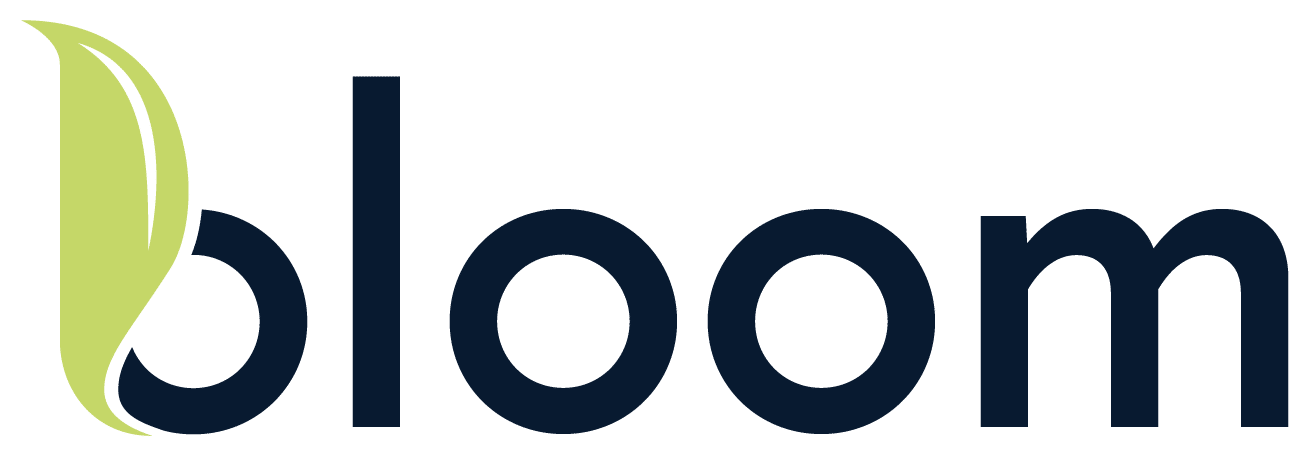What is a reverse mortgage?
A reverse mortgage in Canada is a loan available to homeowners aged 55+ that allows them to borrow up to 55% of their home's value without monthly payments. For example, a 70-year-old homeowner in Toronto with a home valued at $800,000 may qualify for $300,000 - $400,000 in tax-free cash, depending on the lender.
This unique type of loan is secured against the property, and provides access to immediate tax free cash, offering financial flexibility and security for the borrower without the stress of the regular repayments associated with a regular mortgage.





















